SGGP
Türkiye's official data showed that the country's net foreign exchange reserves fell into negative territory for the first time since 2002. Specifically, the Central Bank of Türkiye's (CBT) net foreign exchange reserves recorded a negative level of -151.3 million USD on May 19.
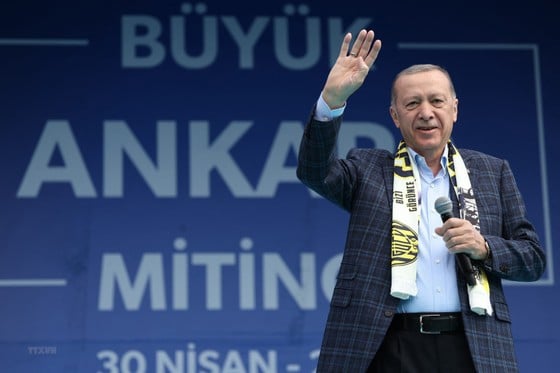 |
| Incumbent Turkish President Recep Tayyip Erdogan during an election campaign in Ankara, April 30, 2023. Source: VNA |
For an economy with a current account deficit of about $8 billion a month, negative net foreign exchange reserves are alarming, analysts say, as they could disrupt trade, cut supply chains and halt production not only in Turkey but also in its partners in the current global production network. Russia recently agreed to allow Turkey to delay payments for $600 million in natural gas imports until 2024.
In March, Saudi Arabia had to deposit $5 billion in the CBT to help Ankara quench its thirst for foreign currency. Depleted foreign exchange reserves and high inflation, currently at 44%, are posing huge challenges to the Turkish economy. Meanwhile, the Turkish lira has slid to a record low against the euro and the dollar, losing nearly 80% of its value in the past five years.
This dire situation is an extremely difficult problem for the winner of the Turkish presidential election on May 28. This is considered the most important election for Turkey in the past 100 years, not only deciding who will lead the country in the future but also deciding how to handle the current serious economic crisis. Regardless of who wins, the new Turkish government will need to urgently solve problems related to declining foreign exchange reserves, increasing short-term foreign debt, a bulging current account deficit, high inflation...
However, incumbent President Recep Tayyip Erdogan, who led with 49.5% of the vote in the first round, promised “a new Türkiye” but still affirmed that he would not change economic policy if elected for a third term.
Source
















![[Photo] President Luong Cuong receives Turkish Defense Minister Yasar Guler](https://vphoto.vietnam.vn/thumb/402x226/vietnam/resource/IMAGE/2025/9/11/7f1882ca40ac40118f3c417c802a80da)



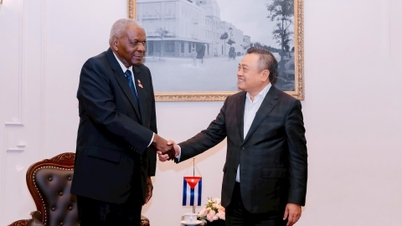



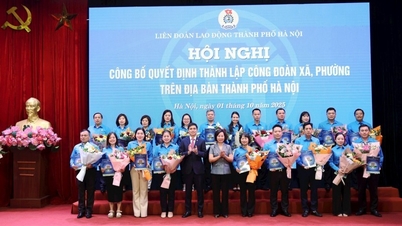








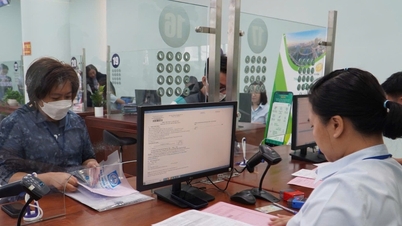
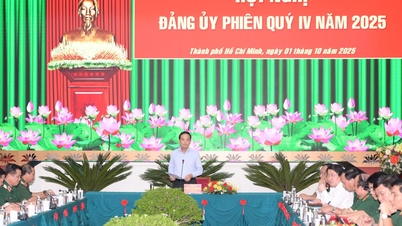

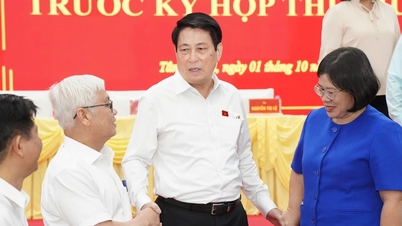



































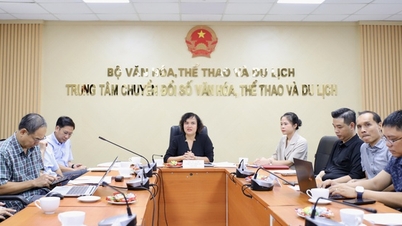
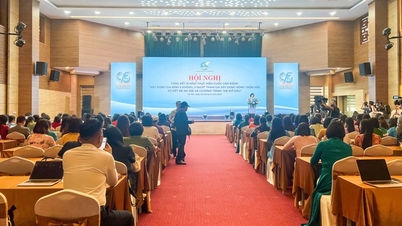
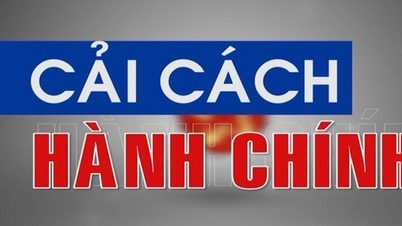





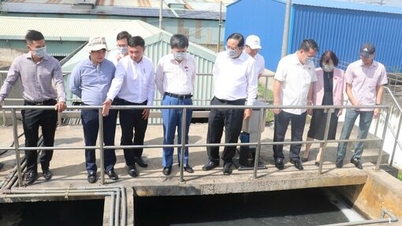






















Comment (0)